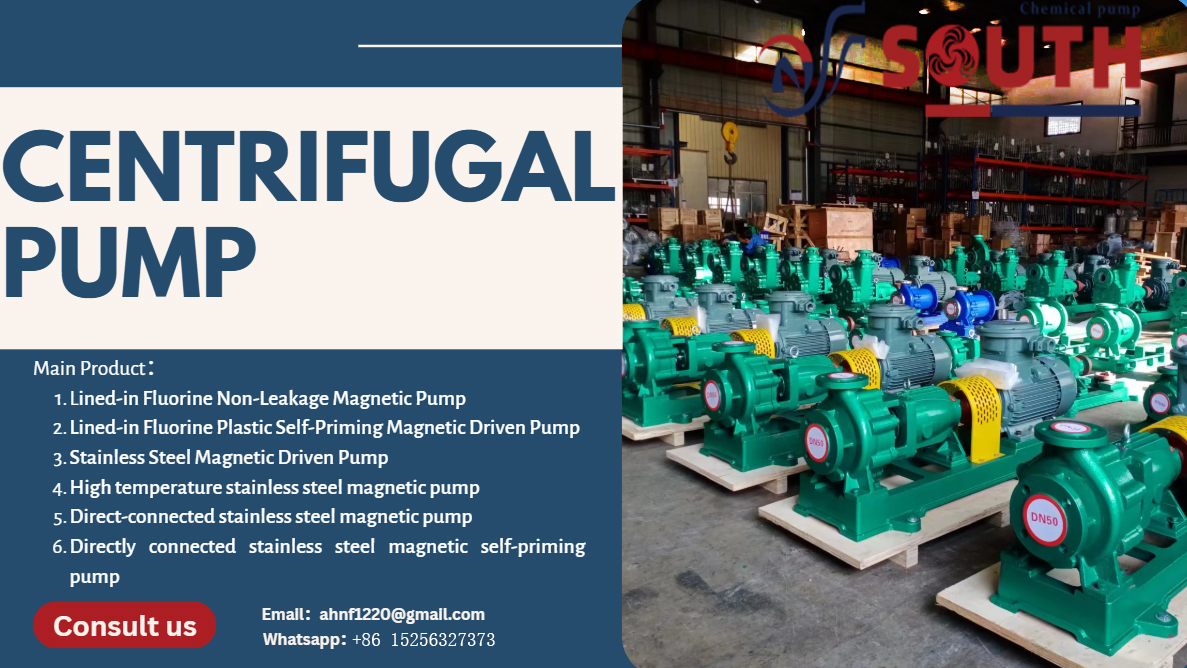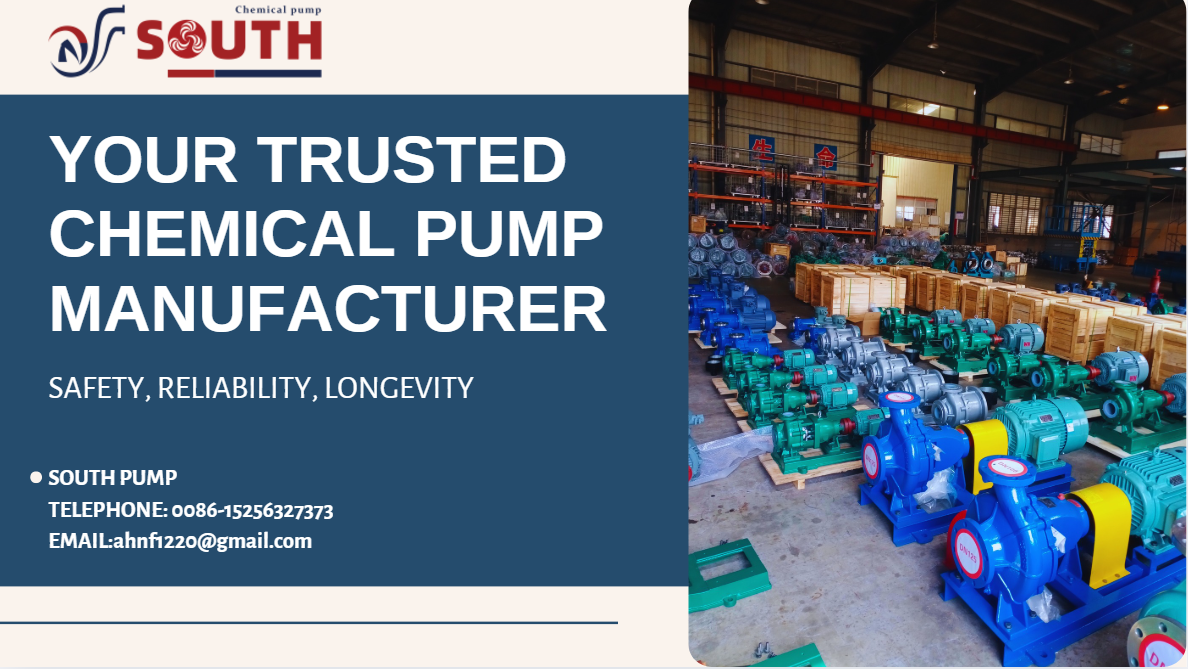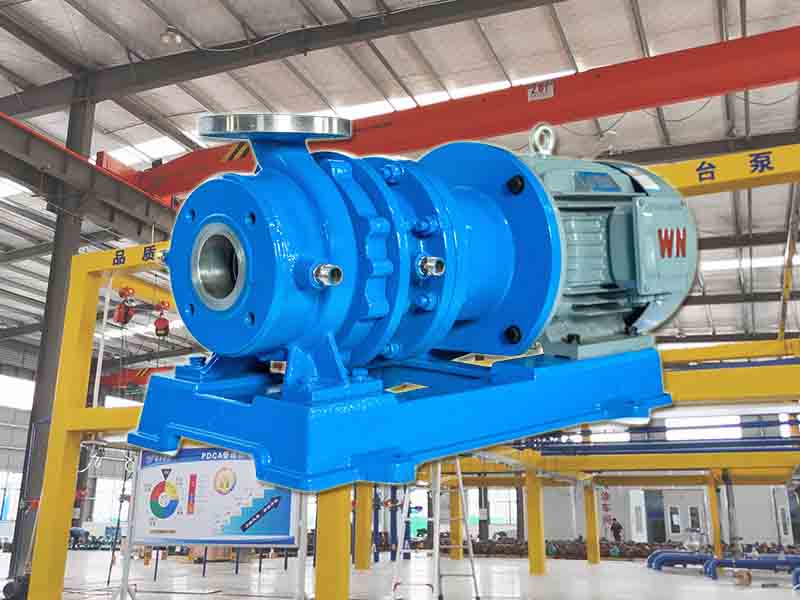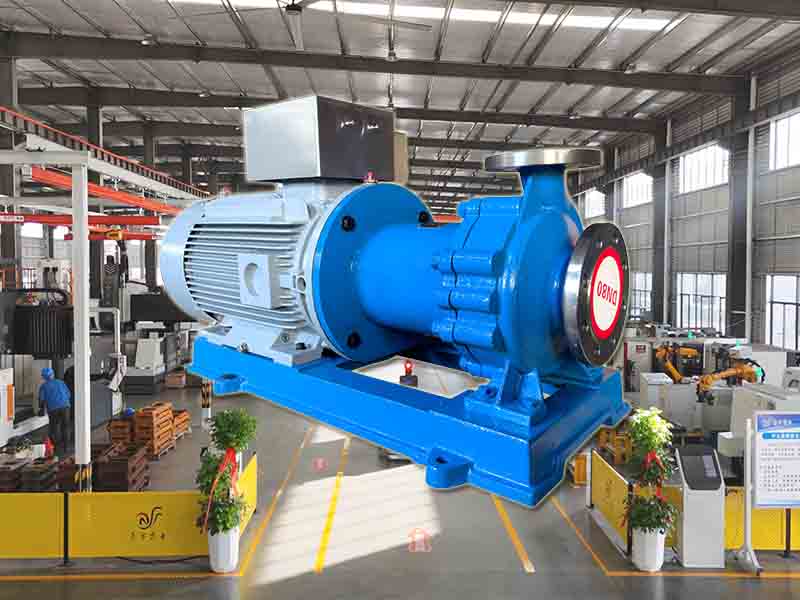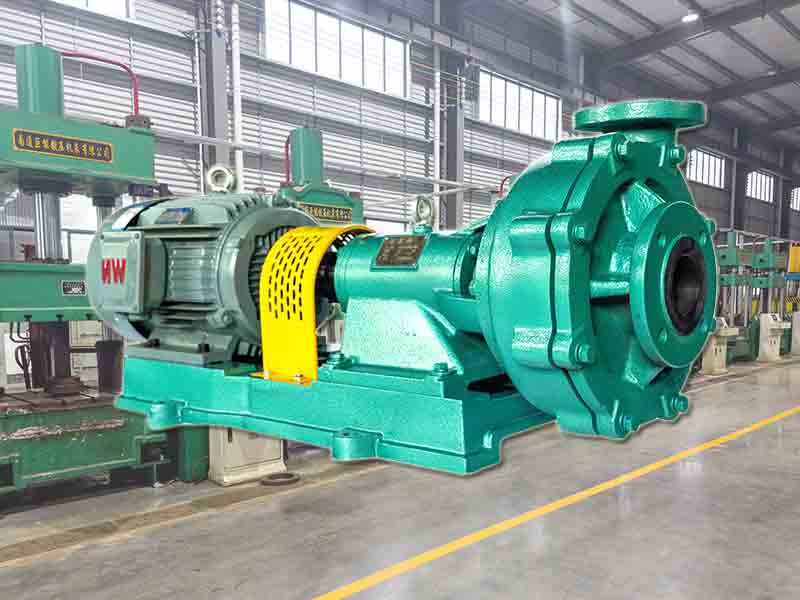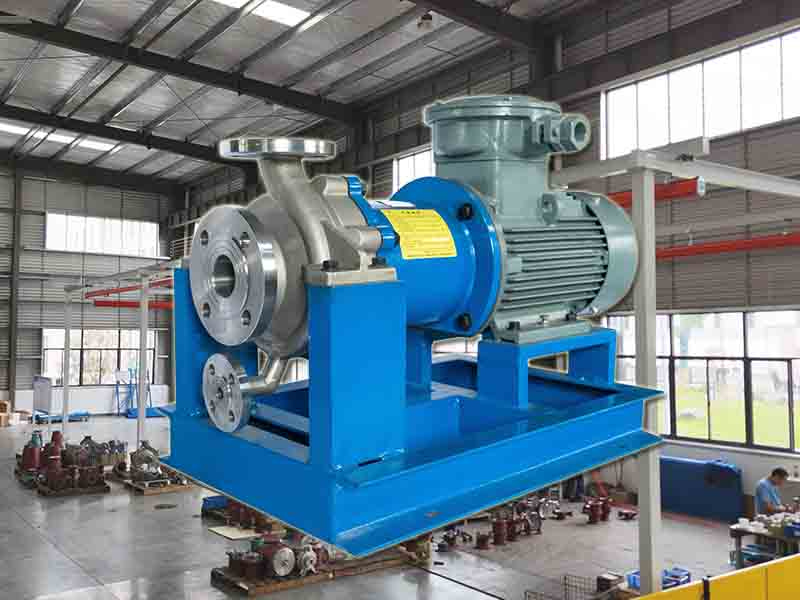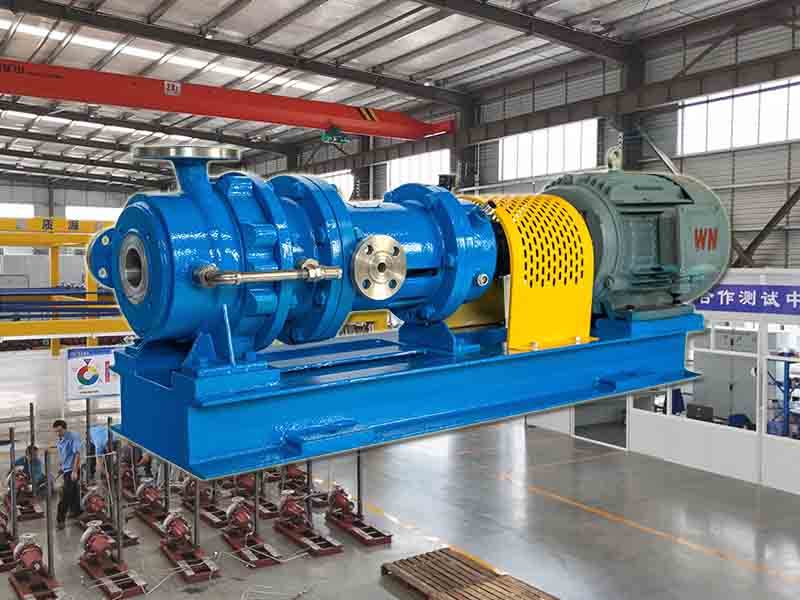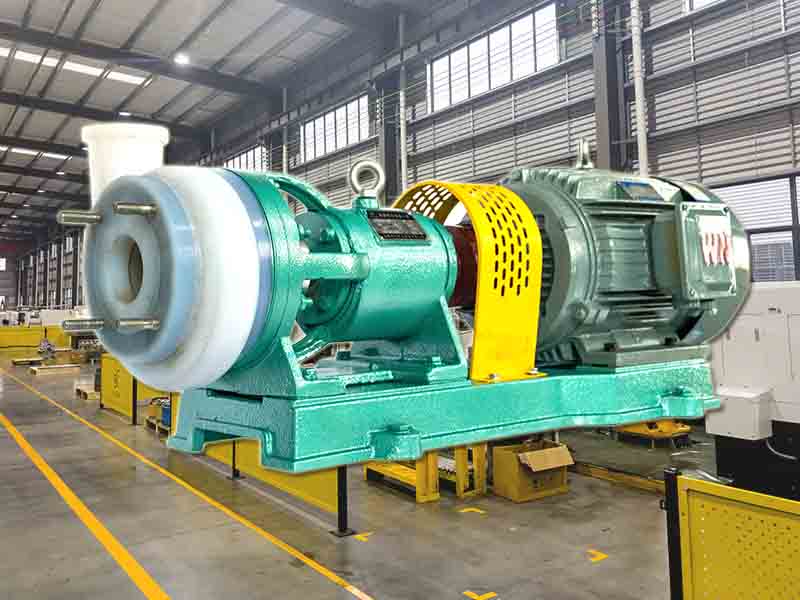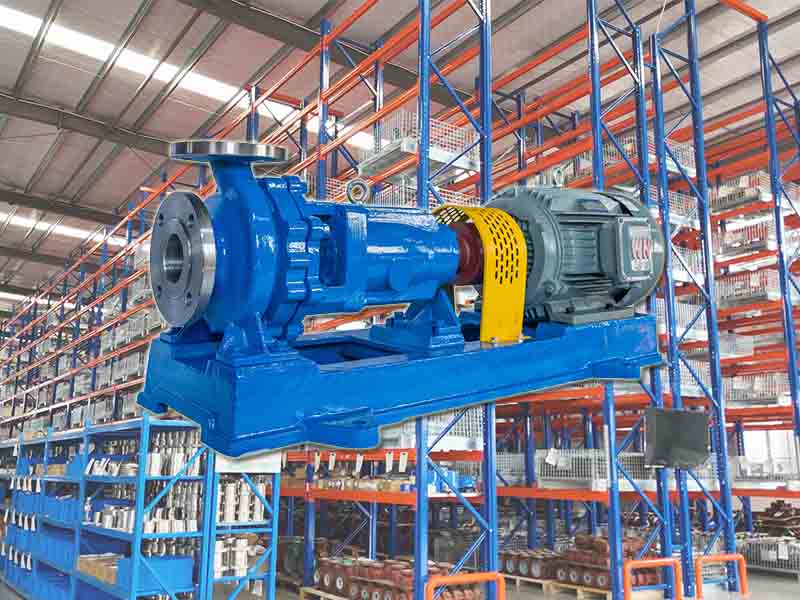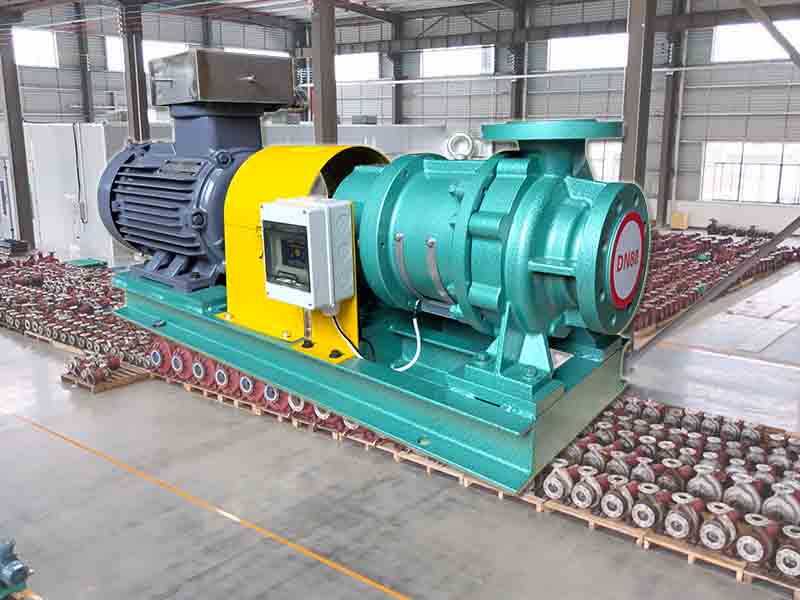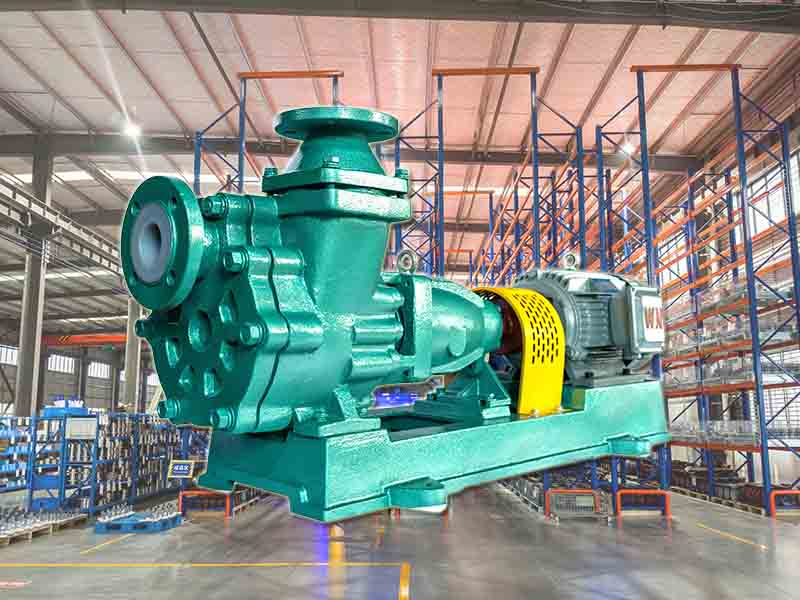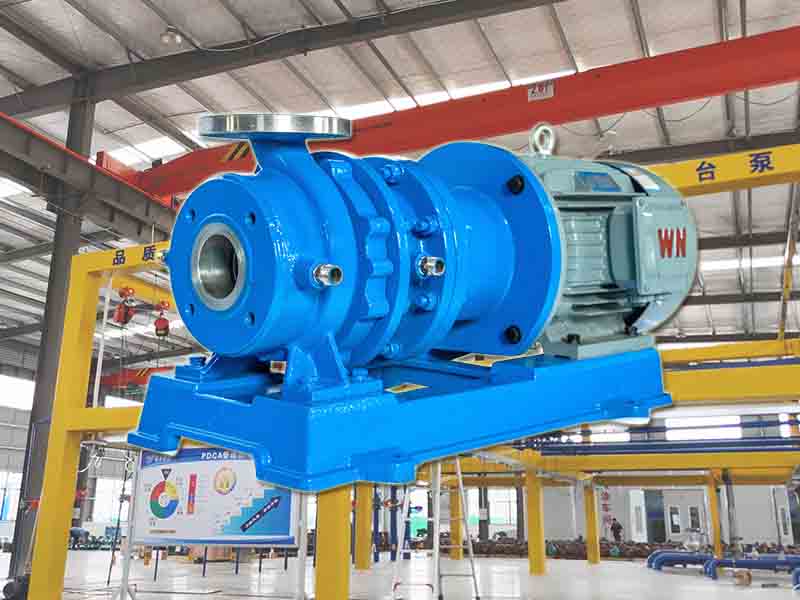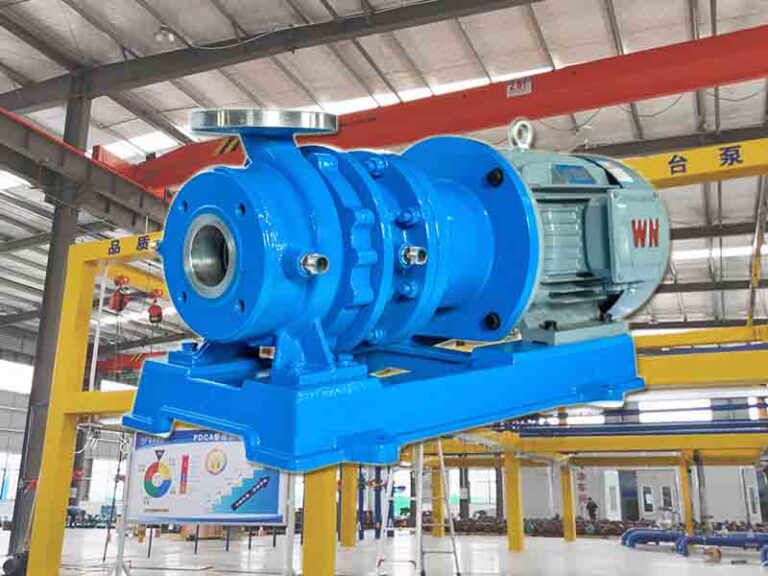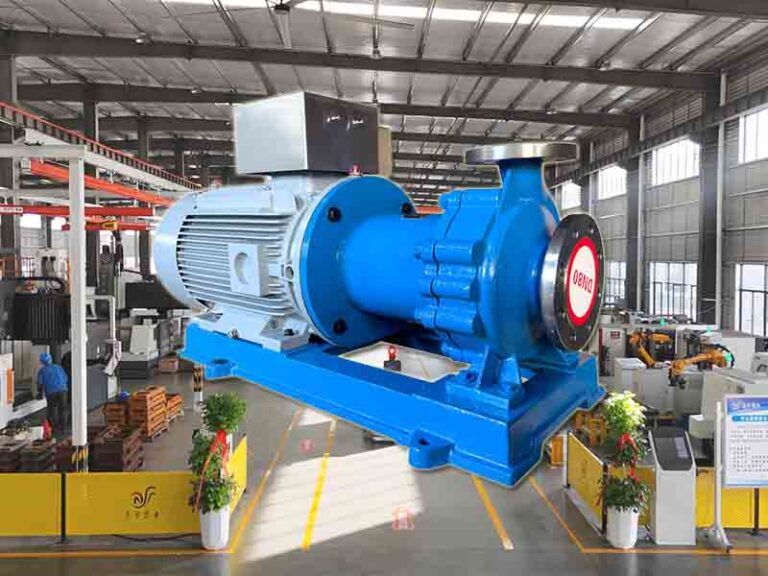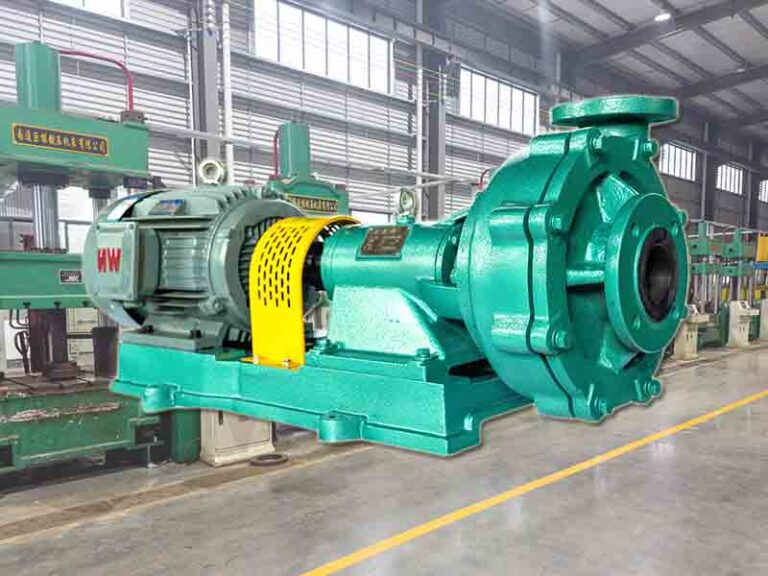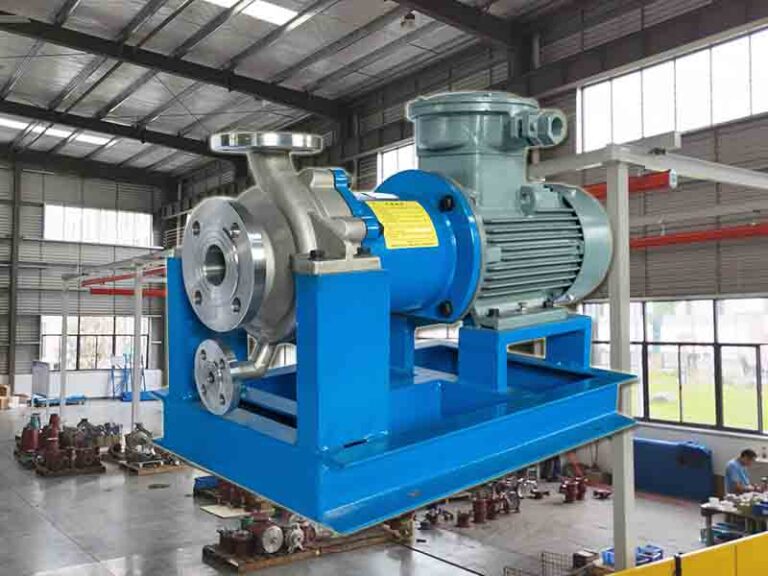At South Chemical Pump, we specialize in chemical magnetic pumps that provide a reliable and efficient solution for the transfer of corrosive and hazardous fluids. Utilizing magnetic drive technology, these pumps ensure a leak-free operation while minimizing the risks associated with handling aggressive chemicals.
Understanding Chemical Magnetic Pumps
Chemical magnetic pumps operate on the principle of magnetic coupling, which allows for the transfer of power without direct contact between the motor and the pumping mechanism. This innovative design significantly reduces the risk of leaks and equipment failure, making it ideal for various applications in the chemical, pharmaceutical, and wastewater industries.
Working Principle
The working principle of chemical magnetic pumps involves two main components: the external magnetic drive and the internal impeller. The external magnet, connected to the motor, generates a magnetic field that interacts with a corresponding internal magnet attached to the impeller. This interaction causes the impeller to rotate, thereby moving the fluid through the pump.
One of the significant advantages of this system is its ability to function without a shaft seal, which is a common failure point in traditional pumps. By eliminating the need for seals, chemical magnetic pumps reduce maintenance requirements and enhance operational reliability.
Key Components of Chemical Magnetic Pumps
Magnetic Coupling
The magnetic coupling is the heart of the chemical magnetic pump. It consists of an outer magnetic cylinder and an inner magnetic cylinder, separated by a hermetically sealed isolation sleeve. This sleeve isolates the fluid being pumped from the motor, preventing leaks and ensuring safe operation.
Isolation Sleeve
The isolation sleeve is crucial for maintaining the integrity of the pumping system. It prevents the pumped fluid from coming into contact with the motor and other electrical components, thereby enhancing safety and reducing the risk of contamination.
Materials Used
Materials used in the construction of chemical magnetic pumps are selected based on their resistance to corrosion and wear. Common materials include:
- Silicon Carbide: Known for its high durability and resistance to chemical attack.
- PTFE (Teflon): Offers excellent chemical resistance and low friction properties.
- Stainless Steel: Provides structural strength and corrosion resistance in various environments.
Advantages of Chemical Magnetic Pumps
Chemical magnetic pumps offer several advantages over traditional pumping systems:
- Leak-Free Operation: The absence of mechanical seals eliminates the risk of leaks, making these pumps ideal for hazardous materials.
- Reduced Maintenance: Fewer moving parts and no seals reduce maintenance needs, resulting in lower operational costs.
- High Efficiency: Magnetic drive technology enhances efficiency, allowing for precise fluid handling.
- Versatility: Suitable for a wide range of fluids, including corrosive acids and bases.
Applications in Various Industries
Chemical magnetic pumps are widely used across different sectors:
Chemical Processing
In the chemical industry, these pumps are used for transferring acids, bases, and other hazardous materials, ensuring safe and efficient handling.
Pharmaceuticals
In pharmaceutical applications, chemical magnetic pumps are utilized for precise dosing and transferring of sensitive compounds, where contamination must be avoided.
Wastewater Treatment
These pumps play a crucial role in wastewater treatment facilities, moving corrosive fluids safely and efficiently.
Food and Beverage
With their ability to prevent contamination, chemical magnetic pumps are increasingly used in food processing for handling various liquids.
Maintenance and Care
To ensure optimal performance and longevity of chemical magnetic pumps, regular maintenance is essential. Here are some tips:
- Regularly inspect the isolation sleeve for signs of wear or damage.
- Monitor the operating temperature and pressure to prevent overheating.
- Ensure that the pump is clean and free from any debris or buildup.
- Conduct routine checks on the magnetic coupling to ensure it is functioning correctly.
Future Innovations in Chemical Magnetic Pumps
The future of chemical magnetic pumps looks promising with ongoing technological advancements. Innovations in materials, such as advanced ceramics and composites, are enhancing the durability and efficiency of these pumps. Moreover, the integration of IoT technologies is expected to improve monitoring and control, allowing for smarter and more efficient operations.
Conclusion
Chemical magnetic pumps are a vital component in many industrial processes, providing a safe, efficient, and reliable means of handling corrosive and hazardous fluids. Their unique design offers significant advantages over traditional pumps, making them an ideal choice for a variety of applications. For more information about our products, visit South Chemical Pump.
Q&A
Q: What are the main benefits of using chemical magnetic pumps?
A: They provide leak-free operation, require less maintenance, and are highly efficient for transferring hazardous fluids.
Q: How do I choose the right chemical magnetic pump for my application?
A: Consider factors like fluid type, temperature, pressure requirements, and the specific application environment.
Q: Can chemical magnetic pumps handle high-viscosity fluids?
A: Yes, many designs are suitable for high-viscosity applications, ensuring effective fluid transfer.
If you want to learn more about our products and solutions, check out our full range of chemical magnetic pumps.
